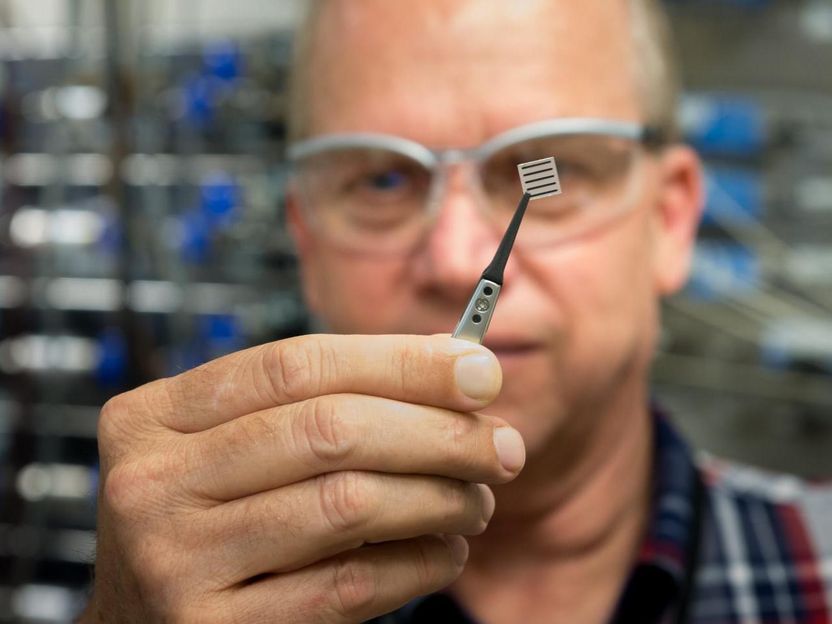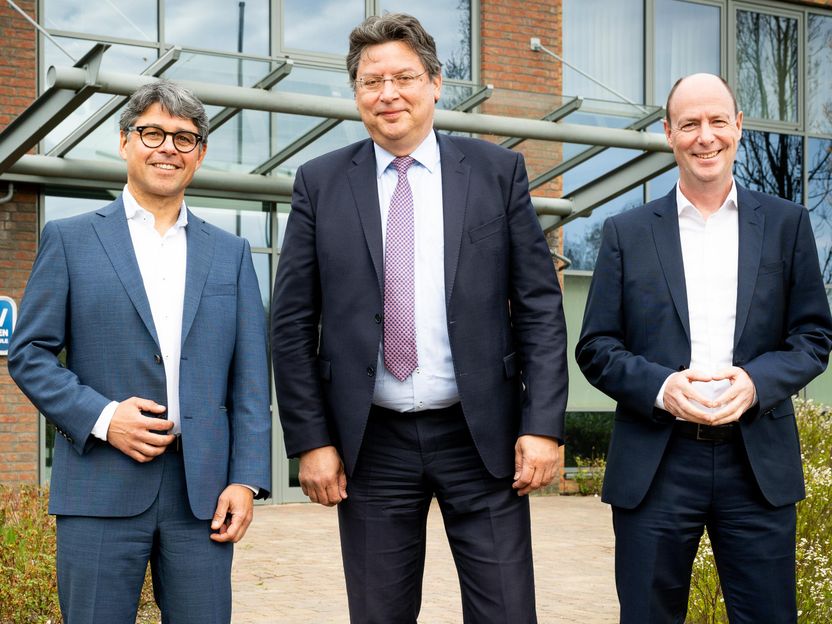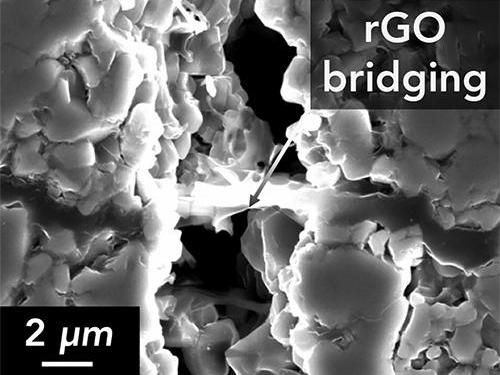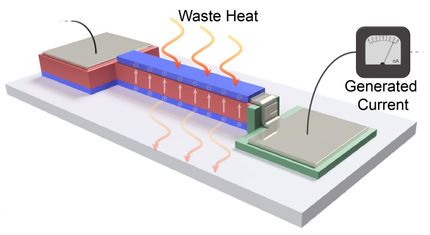Honeywell and U.S. Display Consortium to Jointly Develop New Flat Panel Display Materials
Honeywell Electronic Materials and the U.S. Display Consortium (USDC), a public/private partnership chartered with developing the supply chain for the flat panel display industry, has announced an agreement to develop new materials for flat panel displays.
The project will specifically focus on overcoming the challenges of planarization, or smoothing, encountered in fabricating thin film transistors on low temperature flexible substrates, long a focus of the USDC members and technical council. The total cost of the project will be $1 million, shared between Honeywell and USDC. The USDC portion will be funded by a grant from the U.S. Army Research Laboratory.
Thin film transistors are a critical component of flat panel displays, which are commonly used in notebook and laptop computers. Flat panel displays are comprised of an array of pixels which together create an image on the display. Thin-film transistors act as switches to individually turn each pixel on or off. Planarization is critical for creating the uniformly flat surfaces necessary during the production of these transistors.
Honeywell has extensive experience with planarizing materials and is a pioneer in the development of key planarizing materials that are used in the production of integrated circuits in the semiconductor industry.
"Honeywell's expertise in the development and production of thin films for uniformly covering surfaces is significant and this expertise is now being employed to offer materials for the flat panel display industry," stated Peter Smith, display business director for Honeywell Specialty Materials. "The agreement with the USDC will help accelerate the development and integration of Honeywell's materials within the display thin film transistor, realizing rugged flexible displays as well as improving manufacturing costs, which will help drive industry growth."
The project will also focus on improving display performance in terms of color uniformity, device lifetime, power consumption and display manufacturer cost of ownership -- all important aspects enabling flexible displays to realize their promise of information displays that are ultrathin, lightweight, and intrinsically rugged. As part of the program, the Arizona State University Flexible Display Center (ASU FDC) will evaluate Honeywell materials.
Most read news
Other news from the department business & finance

Get the chemical industry in your inbox
By submitting this form you agree that LUMITOS AG will send you the newsletter(s) selected above by email. Your data will not be passed on to third parties. Your data will be stored and processed in accordance with our data protection regulations. LUMITOS may contact you by email for the purpose of advertising or market and opinion surveys. You can revoke your consent at any time without giving reasons to LUMITOS AG, Ernst-Augustin-Str. 2, 12489 Berlin, Germany or by e-mail at revoke@lumitos.com with effect for the future. In addition, each email contains a link to unsubscribe from the corresponding newsletter.
Most read news
More news from our other portals
Last viewed contents
New Guideline: Determination of polycyclic aromatic hydrocarbons (PAH) - GC/MS method

A new way to control oxygen for electronic properties

Eppendorf builds new site in Wismar for high-tech polymers used in laboratories - Production to start by the end of the year
Isotopes_of_neodymium
AFM positioning: Shining light on a needle in a haystack
Molecular electronics scientists shatter 'impossible' record
Benzeneselenol
Opening of Messer’s first air separation unit in Vietnam


























































